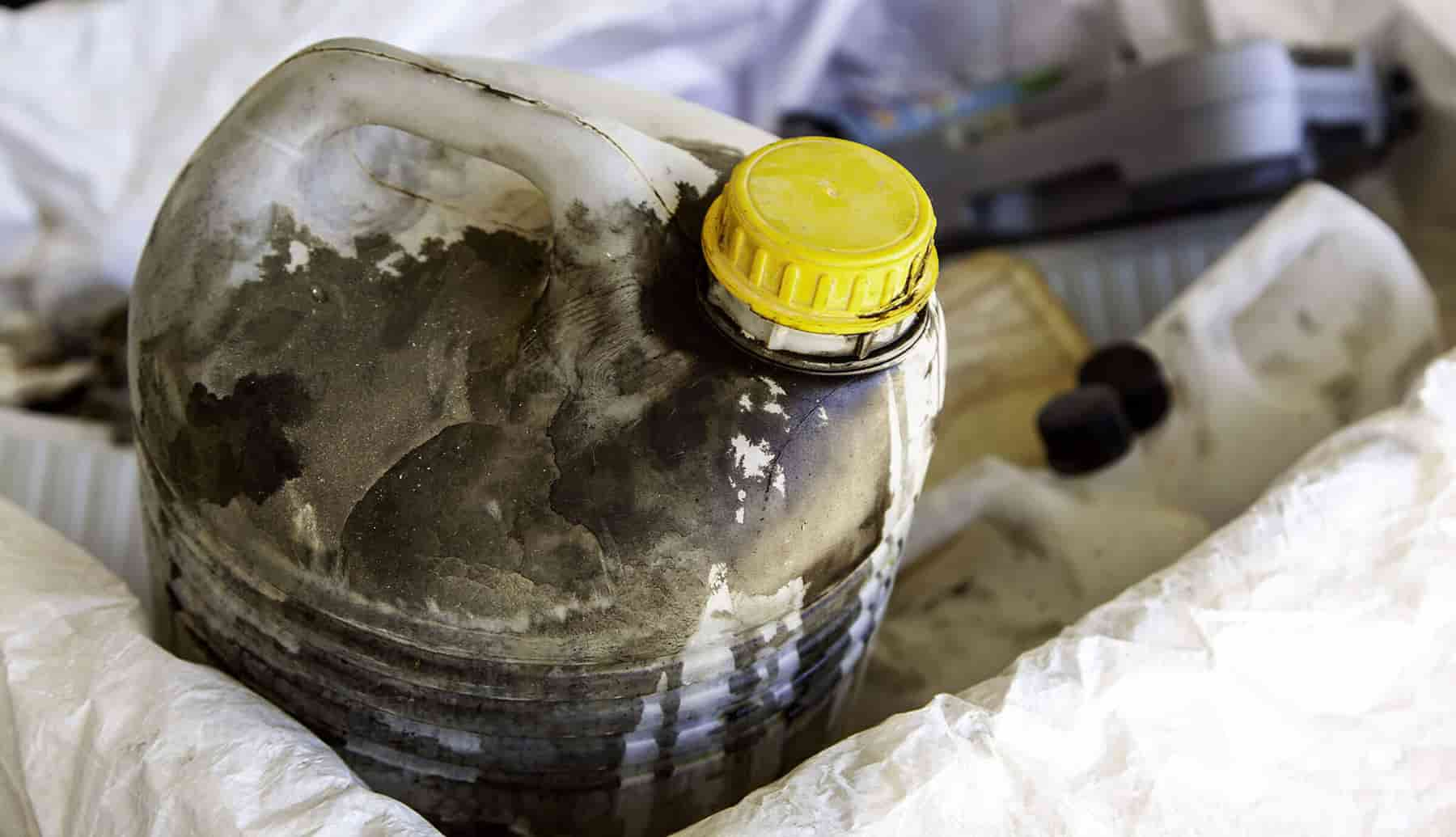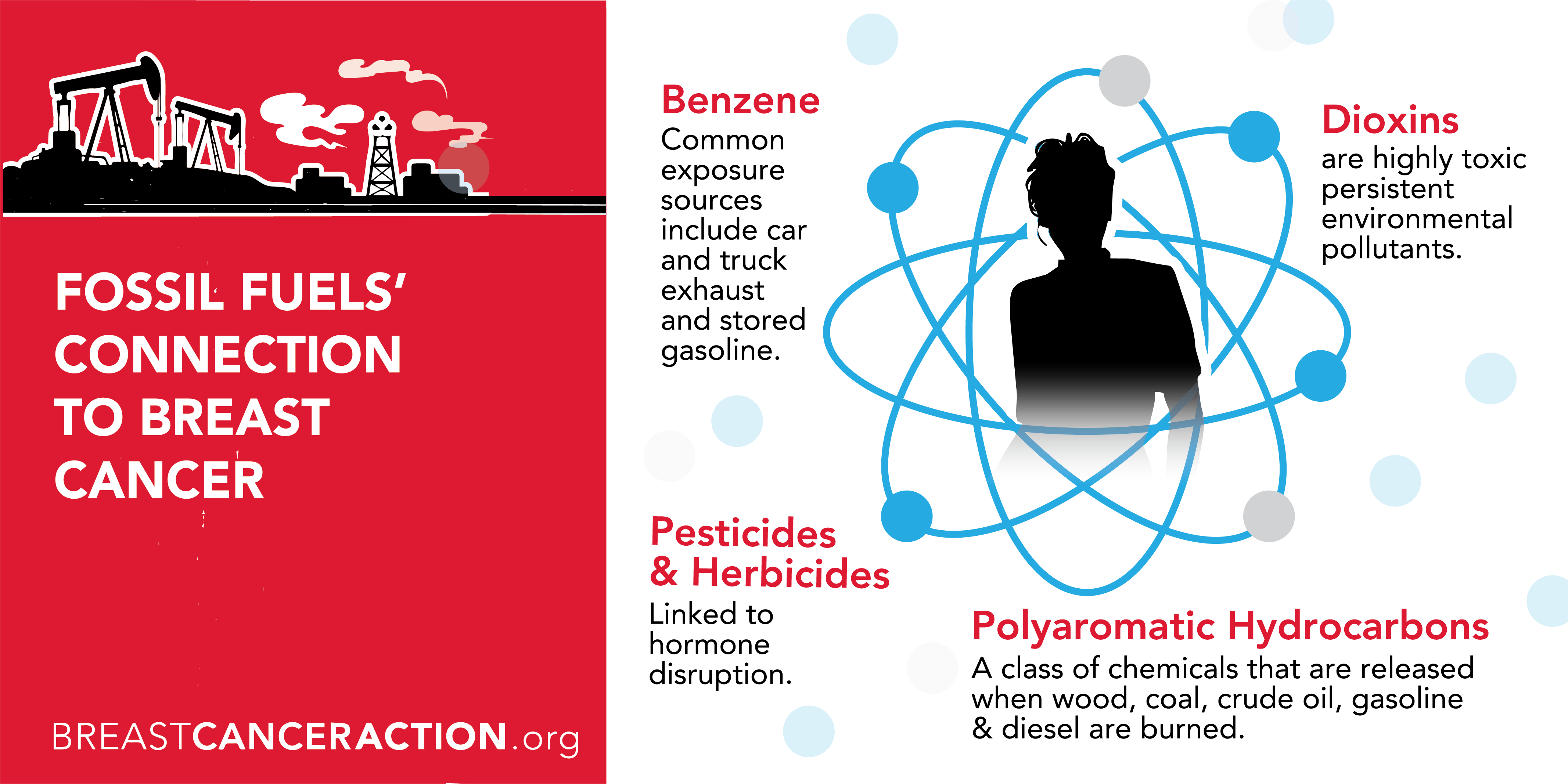Have you ever wondered if the oil in your car could be harmful to your health? You might be surprised to learn that certain car oils contain chemicals that could increase your risk of cancer.
Understanding this connection is important for protecting yourself and your loved ones. You’ll discover what makes some car oils potentially dangerous, how exposure happens, and simple steps you can take to stay safe. Keep reading to learn the facts that could make a big difference in your health.
Car Oil Composition
Car oil plays a vital role in keeping engines running smoothly. It reduces friction and prevents wear. Understanding what car oil contains helps clarify health risks. The composition of car oil varies by type and brand. Some ingredients can be harmful to humans. Knowing these chemicals is key to safe handling.
Types Of Car Oil
There are mainly three types of car oil: mineral, synthetic, and semi-synthetic. Mineral oil comes from crude oil and is less processed. Synthetic oil is made in labs for better performance. Semi-synthetic oil mixes mineral and synthetic oils. Each type has different properties and chemicals. Car owners choose based on engine needs and cost.
Common Chemicals In Car Oil
Car oil contains base oil and many additives. Base oil makes up most of the oil. Additives improve the oil’s effectiveness and lifespan. Some common additives include detergents, dispersants, and anti-wear agents. Car oil also has chemicals like polycyclic aromatic hydrocarbons (PAHs). PAHs may pose health risks with long exposure. Other harmful substances can include heavy metals and solvents. Proper use and disposal reduce health dangers.

Credit: www.maternlawgroup.com
Carcinogenic Properties
Car oil contains substances that can be harmful to health. Some chemicals in oil have properties that may cause cancer. Understanding these carcinogenic properties helps in handling oil safely. This section explains what makes car oil potentially dangerous and how people can be exposed.
Known Carcinogens In Oil
Car oil has chemicals like polycyclic aromatic hydrocarbons (PAHs). PAHs are linked to cancer in many studies. Some metals in oil, such as lead and arsenic, also pose risks. These substances can damage cells and cause mutations. Over time, this damage may lead to cancer.
Exposure Routes
People can come into contact with harmful oil chemicals in several ways. Skin contact is common when changing or handling oil. Breathing in fumes or mist from hot oil can also expose the lungs. Small cuts or wounds make skin absorption easier. Swallowing oil accidentally is another risk, especially for children.
Health Risks Of Car Oil
Car oil contains chemicals that can harm your health. Exposure to these substances can cause different health problems. Understanding the risks helps you stay safe.
Short-term Effects
Touching car oil may irritate your skin. Redness, itching, or rash can occur. Breathing in fumes might cause dizziness or headaches. Some people feel nausea or cough after exposure.
Long-term Effects
Repeated contact with car oil may lead to serious health issues. Chemicals in oil can damage the liver and kidneys. Prolonged exposure may harm the nervous system. Some compounds in car oil are linked to cancer risk. Protect yourself by avoiding constant skin contact and inhalation.
Research Studies And Findings
Research studies have examined whether car oil is carcinogenic. Scientists want to know if exposure to car oil can cause cancer. These studies look at people’s health and test substances in labs. They help us understand the risks of handling or breathing in car oil.
Epidemiological Studies
Epidemiological studies observe people exposed to car oil over time. Workers in garages and factories often take part in these studies. Some research shows a slight increase in certain cancers, like skin and lung cancer. The link is not very strong but raises concern. These studies suggest long-term exposure might increase cancer risk.
Laboratory Research
Laboratory research tests car oil and its chemicals on cells and animals. Some tests show that certain parts of car oil cause cell damage. Others find that these chemicals can cause mutations in DNA. Mutations can lead to cancer if the damage is not repaired. Lab studies confirm car oil contains harmful substances but do not prove direct cancer in humans.
Safety Precautions
Safety is very important when dealing with car oil. This oil can contain harmful chemicals. Some may cause health problems over time. Taking the right safety steps protects you and the environment.
Handling And Disposal
Always handle car oil carefully. Avoid skin contact and breathing in fumes. Use a clean container to catch old oil. Never pour oil down drains or on the ground. Take used oil to a recycling center. Proper disposal stops pollution and health risks.
Protective Measures
Wear gloves when changing or touching car oil. Use safety glasses to protect your eyes. Work in a well-ventilated area to reduce fumes. Wash your hands well after handling oil. These steps lower your chance of exposure to harmful chemicals.
Credit: www.p65warnings.ca.gov
Regulations And Standards
Car oil contains chemicals that may pose health risks. Regulations and standards help control exposure. They protect workers, consumers, and the environment. These rules set limits on harmful substances in car oil.
Government Guidelines
Governments create rules to manage hazardous chemicals in car oil. Agencies like OSHA and EPA in the US set safety standards. They require labels to warn about cancer risks. Limits on exposure reduce health dangers. Regular inspections ensure factories follow these rules. These laws help keep workers safe from carcinogens.
Industry Practices
Companies must follow strict rules to reduce harmful chemicals. Many use safer ingredients to lower cancer risks. Proper disposal of used oil prevents environmental harm. Workers wear protective gear to avoid skin contact. Training programs teach about handling car oil safely. Industry efforts aim to reduce carcinogenic effects for all.

Credit: www.bcaction.org
Frequently Asked Questions
Is Car Oil Exposure Linked To Cancer Risk?
Prolonged skin contact with used car oil may increase cancer risk. Used oil contains harmful chemicals and carcinogens. Always use protective gloves and wash skin after exposure to reduce risks.
What Chemicals In Car Oil Are Carcinogenic?
Used car oil contains polycyclic aromatic hydrocarbons (PAHs), known carcinogens. These chemicals form during oil combustion and degradation. PAHs can damage DNA and increase cancer risk after repeated exposure.
Can Handling Car Oil Cause Skin Cancer?
Yes, frequent handling of used car oil without protection can raise skin cancer risk. The carcinogenic compounds in oil penetrate the skin and cause cellular damage over time.
How To Safely Handle Car Oil To Avoid Cancer?
Wear gloves and protective clothing when handling car oil. Avoid prolonged skin contact and wash immediately if exposed. Proper disposal and ventilation also reduce harmful exposure risks.
Conclusion
Car oil contains chemicals that may cause health risks over time. Direct contact or long exposure can increase these risks. Always handle car oil with care and use gloves. Avoid breathing in fumes or letting oil touch your skin. Clean spills quickly and dispose of oil properly.
Staying cautious helps protect your health and the environment. Knowing the risks lets you work safely with car oil. Safety first, always.
Recent Posts
Tired of wrestling with your chains in the freezing cold? Discover how auto-fixing snow chains tighten themselves, giving you the ultimate effortless grip for a safer winter drive.
Struggling with that stubborn, hazy film on your car's glass? Discover the best oil film removers that will give you flawless, crystal-clear vision for a safer drive.

